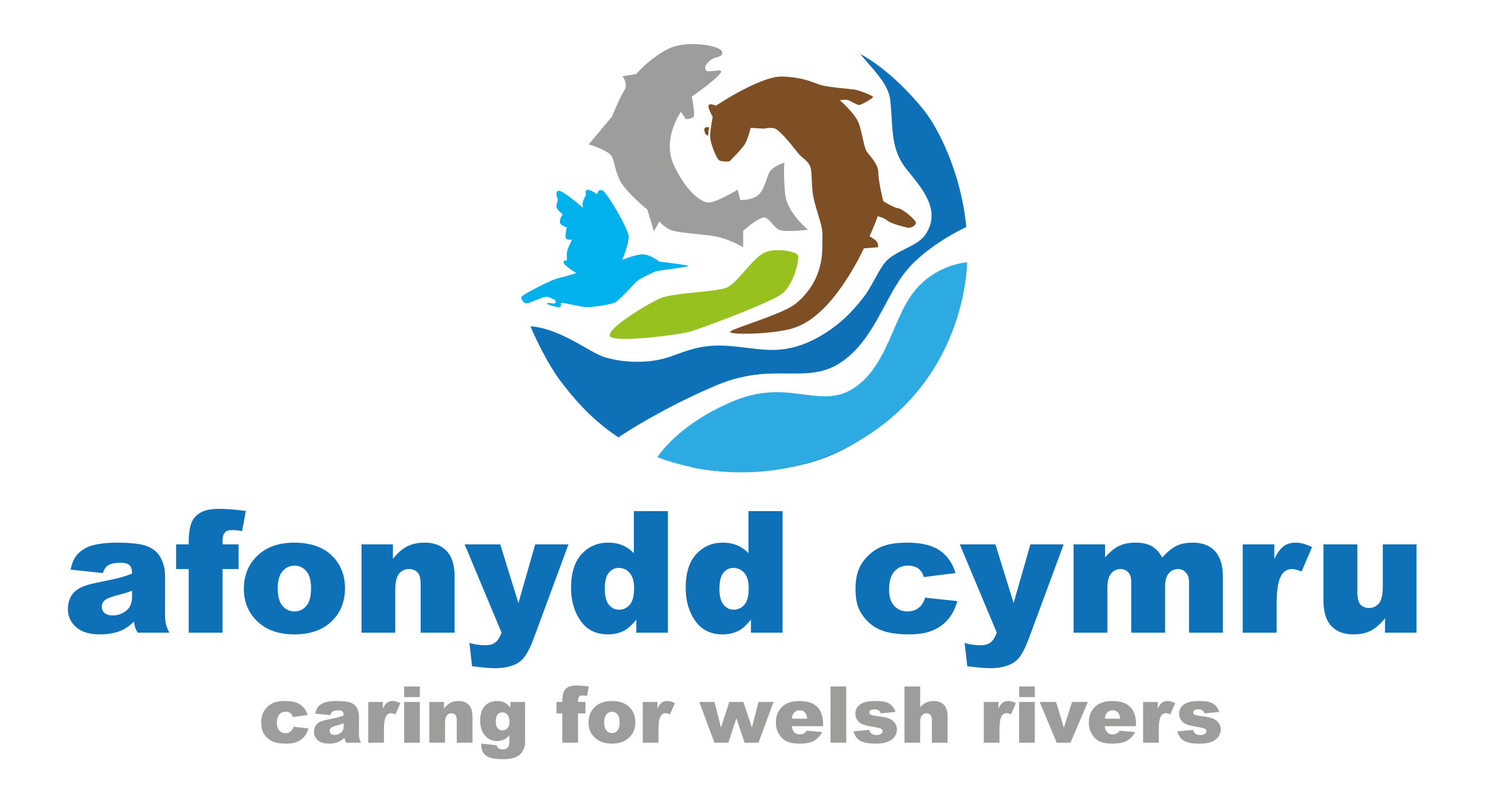Agriculture and environment are devolved to the Senedd and Welsh Government and Wales has its own legislation covering both areas.
In Natural Resources Wales, it also has its own regulatory body whose role it is to enforce the legislation. This was created in 2013 through the amalgamation of Countryside Council for Wales, Environment Agency Wales and the Forestry Commission Wales.
The Legislation Specific to Agriculture
The Water Resources (Control of Agricultural Pollution) (Wales) Regulations 2021
In January 2021 the Minister for Environment, Energy and Rural Affairs announced the introduction of new regulatory measures to address agricultural pollution in Wales: the Water Resources (Control of Agricultural Pollution) (Wales) Regulations 2021 (CoAPR).
The legislation survived a judicial review as well as an annulment vote by the Senedd. The Economy Trade and Rural Affairs Committee of the Senedd also reviewed the legislation.
CoAPR has four main areas:
- Nutrient management planning
- Sustainable fertiliser applications linked to crop requirements
- Protection of water from pollution related to when, where and how nitrogen fertilisers (including slurry, manufactured fertiliser and other organic manures) are spread
- Manure and silage storage construction and capacity
The Water Resources (Control of Agricultural Pollution) (Wales) Regulations 2021
Relationship between legislation and guidance
Agricultural practice in Wales is guided by The Code of Good Agricultural Practice (CoGAP), the most recent edition of which was published in 2011 and last updated in 2019.
Increasing numbers of slurry pollution incidents caused by poorly maintained and ageing storage infrastructure, as well as poor slurry management, led to Water Resources (Control of Agricultural Pollution) (Wales) Regulations 2021. This effectively codified chapter 5 of CoGAP on nutrient management.
Roles
Natural Resources Wales
Enforcement
NRW is the main body with responsibility to regulate and enforce environmental law in relation to agriculture in Wales. Practice is also controlled through the planning system operated by Local Authorities, for which NRW is a statutory consultee.
NRW has the power to investigate and to prosecute offenders. This is an unusual position because in most criminal cases the powers of investigation and prosecution are separate and because NRW manages a large forestry operation on behalf of WG which has the potential to pollute.
There have been questions over whether NRW has the range of powers needed for it to make sufficiently nuanced regulatory decisions. There is a limited ability for it to take enforcement undertakings but other measures such as civil sanctions including fixed and variable monetary penalties and restoration orders are not available.
Increased powers for NRW were not included in the Agriculture (Wales) Act 2023. There is a large enforcement gap between written warnings and formal cautions to prosecution.
Investigation
NRW is the only body in Wales invested with the power to investigate, regulate and, where appropriate, prosecute polluting behaviour. It has a statutory obligation to do all of these.
It has been criticised recently whether it is an effective investigator of pollution offences, whether it prosecutes all appropriate cases and whether it prosecutes in a timely manner. Defence of such criticism is often based on a lack of funding.
Advice
In addition, NRW gives advice to farmers on preventing agricultural pollution. However, this is work that could be done by others. It could be argued that money currently spent on advice would be better allocated to regulation and enforcement (its statutory responsibilities). Welsh Government-funded Farming Connect also provide this service, as do the regional river trusts.
Local Authority Planning
While NRW is the environmental regulator in Wales and a statutory consultee for planning authorities. But planning authorities themselves have a duty under Habitats Regulations, to take into account the cumulative effects of similar developments within protected rivers catchments in their decision making.
There have been concerns among eNGOs that this has not been happening, particularly with the intensive poultry industry. This concern has been increased by uncertainty as to the respective roles of planning authorities and NRW.
In 2018, a letter from the Planning Directorate reminded planning authorities of their obligation to take the cumulative effects of development into account. In 2023, planning authorities have again been reminded through specific Habitats Regulations training as part of the actions from the Phosphate Summit.
Government Fora
Wales Land Management Forum (WLMF) agricultural pollution subgroup
A-ccording to Natural Resources Wales,
“The Wales Land Management Forum (WLMF) provides an opportunity for Natural Resources Wales (NRW) and other WLMF membership organisations to share information, identify common interests and work together in a collaborative way on strategic land management issues.”
In January 2017, WLMF established a sub-group focussing on tackling agricultural pollution, of which Afonydd Cymru is a member.
The Wales Land Management Forum sub group on agricultural pollution
